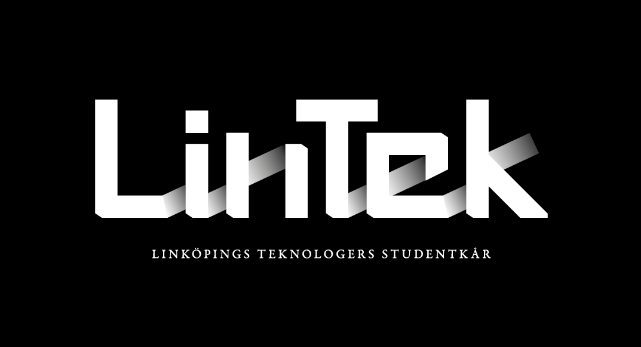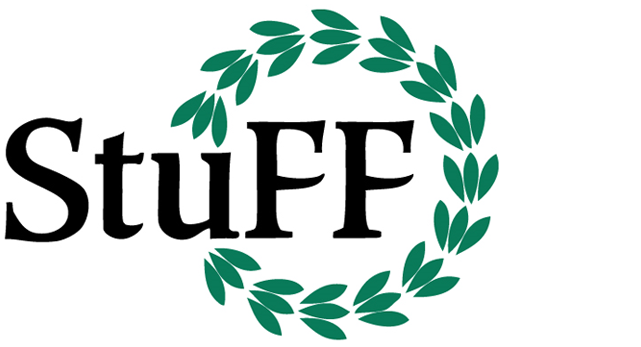What is a Doctoral Ombuds?
A doctoral ombuds (DO), also known as a doctoral student officer or doctoral ombudsman (doktorandombud in Swedish), provides confidential, impartial, and independent assistance to research-level students who have questions about, or are experiencing grievances with, their education. At Linköping University, the DO service is free and availalble to all research-level students enrolled at the university, regardless of affiliation.
What the DO does
- Provide individual ombuds assistance to all research-level students enrolled at Linköping University.
- Inform and collaborate with doctoral student groups such as PhD-associations and doctoral student councils.
- Represent doctoral students on the education board and assist the student unions in recruiting doctoral student representatives for the various bords at Linköping University.
- Assist the university by identifying procedural irregularities and systematic problems related to doctoral education and doctoral students’ study/work environment.
- Collaborate with other ombuds, unions and relevant organizations, both inside and outside of Linköping University.
- Monitor current research-education issues in the media.
Karin Wastesson

do@lust.liu.se

070 269 4508
Need individual DO assistance?
What the DO can do
- The DO can help you navigate university policies and procedures, listen to your concerns, and assist you in finding constructive ways to address your issues with other members of the university, including faculty staff, HR and administrators.
- The DO can help you understand yours and the university’s rights and obligations.
- The DO has a duty of confidentiality, which means you can contact the DO to discuss your case without taking further action.
- The DO can act on your behalf in interactions between you and the university.
- If the situation calls for it, the DO can assist you in filing a formal complaint with the relevant authority.
What the DO can’t do
- The DO cannot conduct formal investigations.
- The DO can bring problems to the attention of the university and recommend solutions but has no authority over the university’s decisions or procedures.
- The DO will not assist you in pursing a complaint in situations where the University has complied with laws, regulations and policies.
- The DO cannot disclose information provided in confidence without explicit permission from the person who provided the information.
- When acting on your behalf, the DO cannot guarantee you anonymity.
- The DO cannot provide counselling but will help you find relevant services if you need it.
Confidential
The DO has a duty of confidentiality. As part of standard protocol, confidential case notes are regularly and routinely destroyed.
For statistical purposes, the DO however retains anonymous, categorical data in order to identify trends, systematic problems and other areas of concern.
The anonymous data is reported annually to the student unions and the university’s quality assurance committee for third-cycle education.
Impartial
The DO is expected to act with a professional approach that does not violate the dignity of the individual or the reputation of the university or student unions.
The DO is an advocate for fair process, regarding in particular the implementation of laws, regulations and policies related to doctoral students’ education, and study-work environment.
The DO strives to provide those seeking assistance with objective advice and accurate, transparent information.
Independent
The DO works for the student unions and is not employed by the university. The DO service is however provided in agreement with University Management.
The DO has sole discretion over whether, and how, to bring individual, group, or systematic concerns to the attention of university staff and can neither instruct, nor receive instruction from, the university.
The DO has access to decision-making bodies and relevant documents but has no authority over the university’s decisions or procedures.


